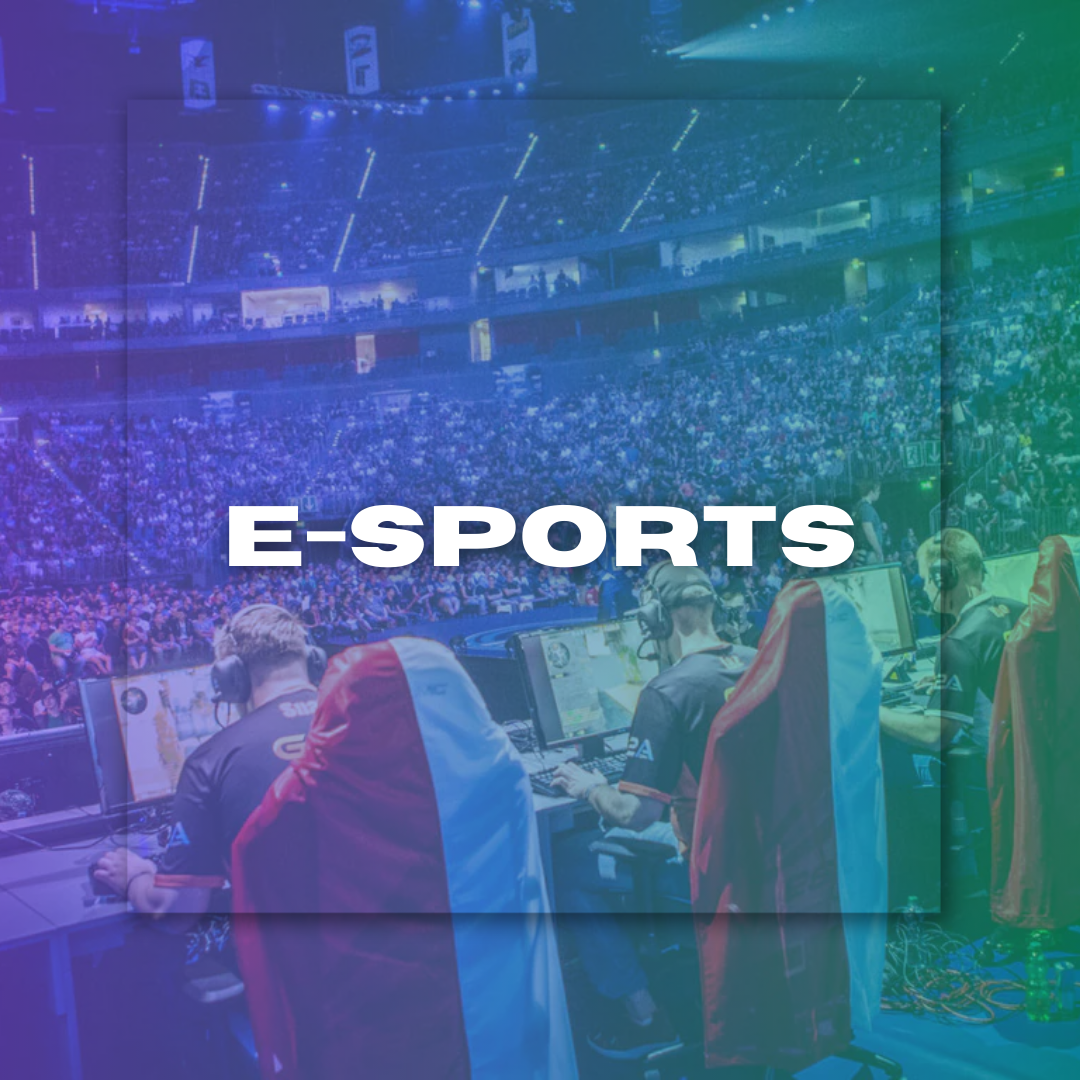
Why The Olympics Should Pay Athletes
Why The Olympics Should Pay Athletes
By Fan Arch August 08, 2024 05:28
The Olympic Games are one of the highest global achievements an athlete can imagine, where some of the world's best athletes come to fight for glory and their countries. Even with the huge sacrifices and commitment needed to reach this level, Olympic athletes typically receive very little direct financial compensation by association from the International Olympic Committee (IOC). In this article, Fan Arch discusses why Olympic athletes should be paid during the games.
Time, Effort, and Sacrifices of the Elite Athlete
Dedication to Training
It takes an Olympic effort to be an Olympic athlete. Most athletes devote years, if not decades, to training and preparing themselves multiple hours daily, six or seven days a week. Through a training program as demanding as this one, you challenge several of your abilities necessary to make it compete at the highest level.
Personal Sacrifices
The road to the Olympics is paved with familial sacrifices. Athletes often need more conventional education, career opportunities, and social experiences to prepare for their sport. Especially since so many are in financial limbo, leaning on family income or holding down part-time work to help cover that training and competition bill. Their sacrifice needs to be acknowledged and applauded as it is underpinned by raw desire, sprinkled with the dusting of that Olympic idealism.
Financial Strain and Difficulties
Balancing Training and Work
For many Olympians, reaching the highest level of their sport translates to big financial commitments. Unlike professional athletes in the NBA, FIFA, and NFL, Olympians do not always have high financial backing. This can harm their performances and also bring a significant amount of stress upon them as they spend time worrying about how the future might look, given that they have to allocate any other source of income to work in order for them to continue training.
The Cost of Competition
Training, travel, equipment, and coaching costs can add up to a monumental total. This can often put a financial strain on the athletes, reducing their competitiveness. Financial payment would alleviate some of these burdens and free athletes to concentrate solely on training and performance.
Olympic Income
Sponsor bids and media-rights
The Olympics make much money from broadcasting rights, sponsors, and tickets. The IOC said the Tokyo Olympics raked in more than $3 billion from broadcast rights alone. Then there are the sponsorship deals, in which Olympic sponsors, generally big corporate names, pay vast sums of money to help fund an event that has become a huge global phenomenon.
Revenue Athlete Compensation
Even though the organization brings in billions of dollars, athletes get nothing directly from it. It does not dish out its profits as a welfare service to National Olympic Committees (NOCs) and International Federations (IFs), which make the decisions to support their athletes. This model raises questions about Equity and fairness, as the athletes who contribute to making the Games successful are often left to receive very little in return.
The Pros of Financial Compensation for Olympic Athletes
Accessibility and Equity
Providing resources for the financial compensation of Olympic athletes would foster more inclusivity and a broader scope in the Olympic movement. This would help less privileged athletes compete on a level playing field with secure financial support from the IOC since they may need sponsors or more money. This could result in a more inclusive, equitable, and fair Olympics.
Sustainability
In turn, investing in athletes would contribute to the long-term sustainability of the Olympic movement. The IOC gets out of the game of financially supporting bullet point athletes, and in return, we have a whole new crop. This chronic disease-eliminating generation can train and compete without thinking about financial hardship. That would boost competition and, in the long run, make the Olympic Games more successful.
Points of Argument and Difficulty
Tradition of Amateurism
A major reason the notion of paying summer and winter Olympians stays on is a long-held tradition of amateurism. In the past, hosting the Olympics was a focal point for amateur athletes competing in the games, primarily to offer their names on board and not for financial gain. The world has moved on, too, regarding the finance and business side of training and competing.
Addressing Concerns
To address concerns about deflating the Olympic spirit, one might seek a compensation model more in line with the values that underpin the Olympic movement. This could range from performance-based bonuses to investment in training and development and funding for athletes across overlooked demographics. In other words, this was a way in which the IOC could pay homage to its past while still acknowledging the current landscape.
It could be argued that investing in athletes not only makes the Games more accessible and equitable but also ensures the longevity of this great movement. Despite the challenges, compensating Olympic athletes has a tremendous upside that eclipses concerns. The IOC needs to show a little courage and adopt tactics that finally give some respect, recognition, and material support to the amazing human beings who are in the Olympics.
LATEST
- NEWS
- |
- ARTICLES
- |
- VIDEOS






















































































